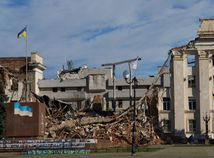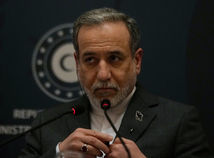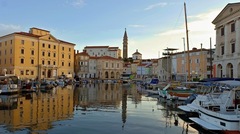Today it is well known that the future has become a thing of the past.
Gone are the days when humanity dreamt of a different tomorrow. All that remains of that hope is a distant memory. Indeed, most of what is hoped for these days is no more than some slightly modified version of the present, if not simply the return to a status quo ante — i.e., to a present that only recently became deceased. This is the utopia of normality, evinced by the drive to “get everything running back to normal” (back to the prosperity of the Clinton years, etc.). In this heroically banal vision of the world, all the upheaval and instability of the last few years must necessarily appear as just a fluke or bizarre aberration. A minor hiccup, that’s all. Once society gets itself back on track, the argument goes, it’ll be safe to resume the usual routine.
Those for whom the present of just a short time ago already seemed to be charting a disastrous course, however, are compelled to imagine a still more remote past: a past that humanity might someday revisit, after completing its long journey through the wilderness of modernity. Having lost its way some centuries back — around the start of the Industrial Revolution — this would signal an end to the hubristic conceit that society can ever achieve self-mastery. Humanity’s homecoming, in this model, is much like that of the prodigal son’s. Never again will it wander too far afield. From this time forward, it’ll stick to the straight and narrow.




















Celá debata | RSS tejto debaty